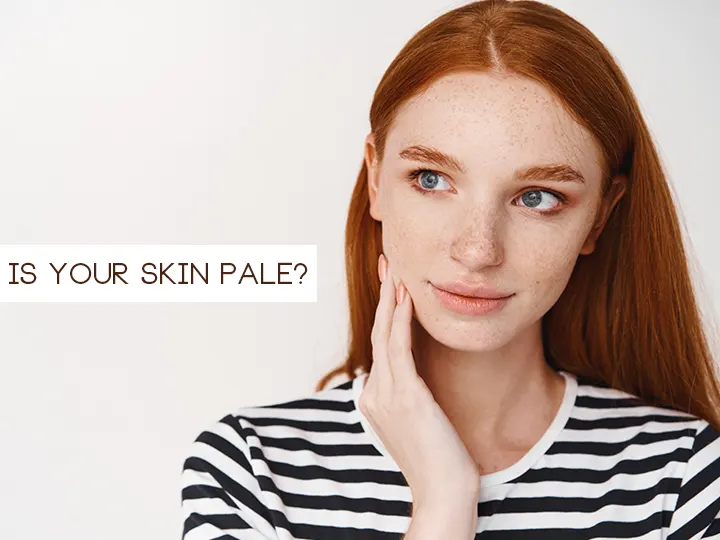
Is Your Skin Pale?
Pale skin is a common trait among individuals of European descent, and is caused by a variety of genetic and environmental factors.
One of the main reasons for pale skin is the presence of a gene called MC1R. This gene plays a crucial role in the production of melanin, the pigment that gives color to our skin, hair, and eyes. Variations in the MC1R gene can lead to less melanin production, resulting in paler skin.
Another reason for pale skin is the lack of sunlight exposure. Melanin production is triggered by ultraviolet (UV) rays from the sun, so individuals who live in areas with less sun exposure will naturally have paler skin. This is why individuals living closer to the equator tend to have darker skin, as a protective mechanism against the sun's UV rays.
Individuals with certain medical conditions such as albinism may also have paler skin due to a lack of melanin production.
Additionally, certain medications, such as those used to treat psoriasis and eczema, can also cause paleness of the skin.
In summary, pale skin can be caused by genetic factors, lack of sunlight exposure, medical conditions, and certain medications. It is important to note that pale skin does not necessarily indicate a health problem and that it is important to protect the skin from sun damage.